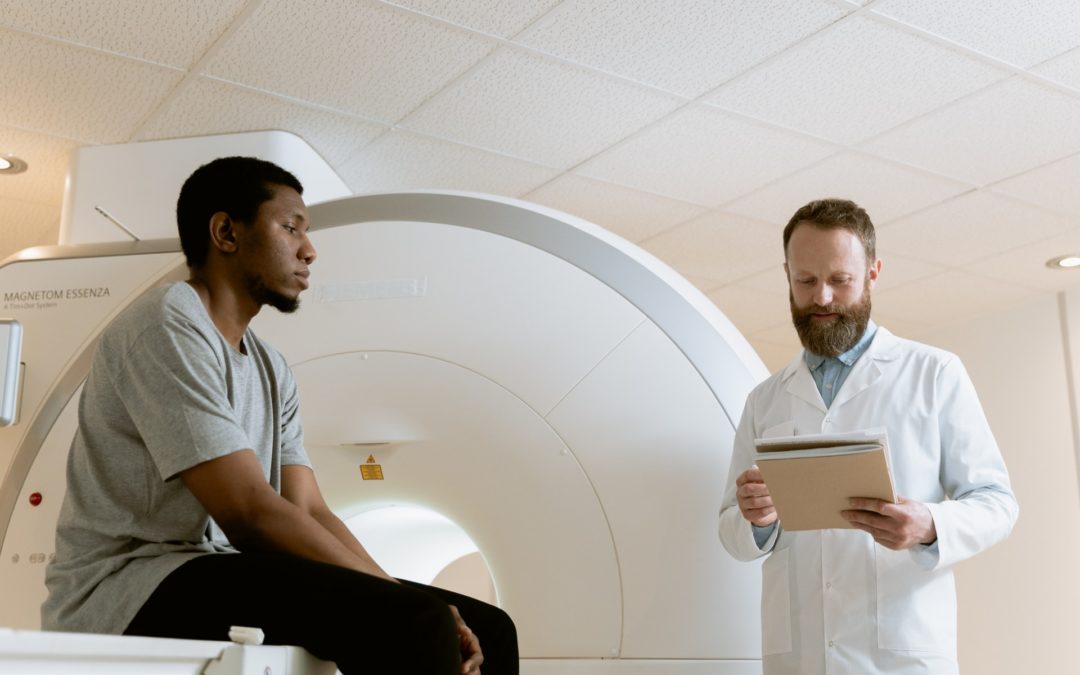The general surgeon is one of the most important surgical specialists in the medical profession. This category is used to categorize a broad range of clinical activities that any physician may or not perform depending on specialty, training, or practice.
This article aims to overview common procedures that general surgeons commonly perform. This article will cover routine or commonly encountered procedures that any general surgeon may perform instead of highly specialized or infrequent (e.g., surgical oncology) procedures that any general surgeon does not routinely perform.
1) Appendectomy
Appendicitis is a condition in which the vermiform appendix becomes inflamed and infected. Acute appendicitis is a medical emergency and requires surgery if pain, fever, and peritonitis are present. A general surgeon will typically take the patient to the operating room and perform an appendectomy, which is the surgical removal of the appendix.
2) Breast Surgery
Breast surgery, or mastectomy, is a surgical procedure for removing the tumor and tissue from one or both breasts. It may be performed due to breast cancer diagnosis, but it could also be done for benign tumors known as fibroadenomas. General surgeons commonly perform such surgeries because there are many other medical specialists who specialize in just breast diseases and conditions.
3) Carpal Tunnel Release
The carpal tunnel is enclosed by bone and connective tissue at the end of the forearm. It contains a nerve that controls sensation to the palm of the hand and fingers and motor control. Compression can develop in the tunnel, which leads to pain and numbness in the hand. Such compression is managed surgically with a carpal tunnel release, which can be performed by any surgeon, with or without an anesthetic.
4) Colonoscopy
A colonoscopy is an examination of the lining of the large intestine by a flexible tube inserted through the anus into the bowel, which allows viewing but does not remove or interfere with any tissues. A colonoscopy is used to diagnose certain diseases and conditions and assess abnormalities in the lining of the colon.
6) Esophageal Surgery
Esophageal surgery aims to repair, replace or repair and replace damaged esophageal tissue and structures. It can be used to treat cancer or other diseases and for edematous obstruction caused by blood clotting, trauma, or other injuries. Two similar procedures frequently performed by general surgeons are an esophagectomy and a thoracic esophagectomy.
7) Thyroid Removal
Thyroid removal is a surgical operation where the thyroid gland is removed. This procedure is performed as part of cancer treatment or due to an abnormality in the gland, such as a goiter caused by an enlargement or a tumor. The thyroid gland continues to make hormones even after it has been removed, and its functions must be replaced by other medications.

